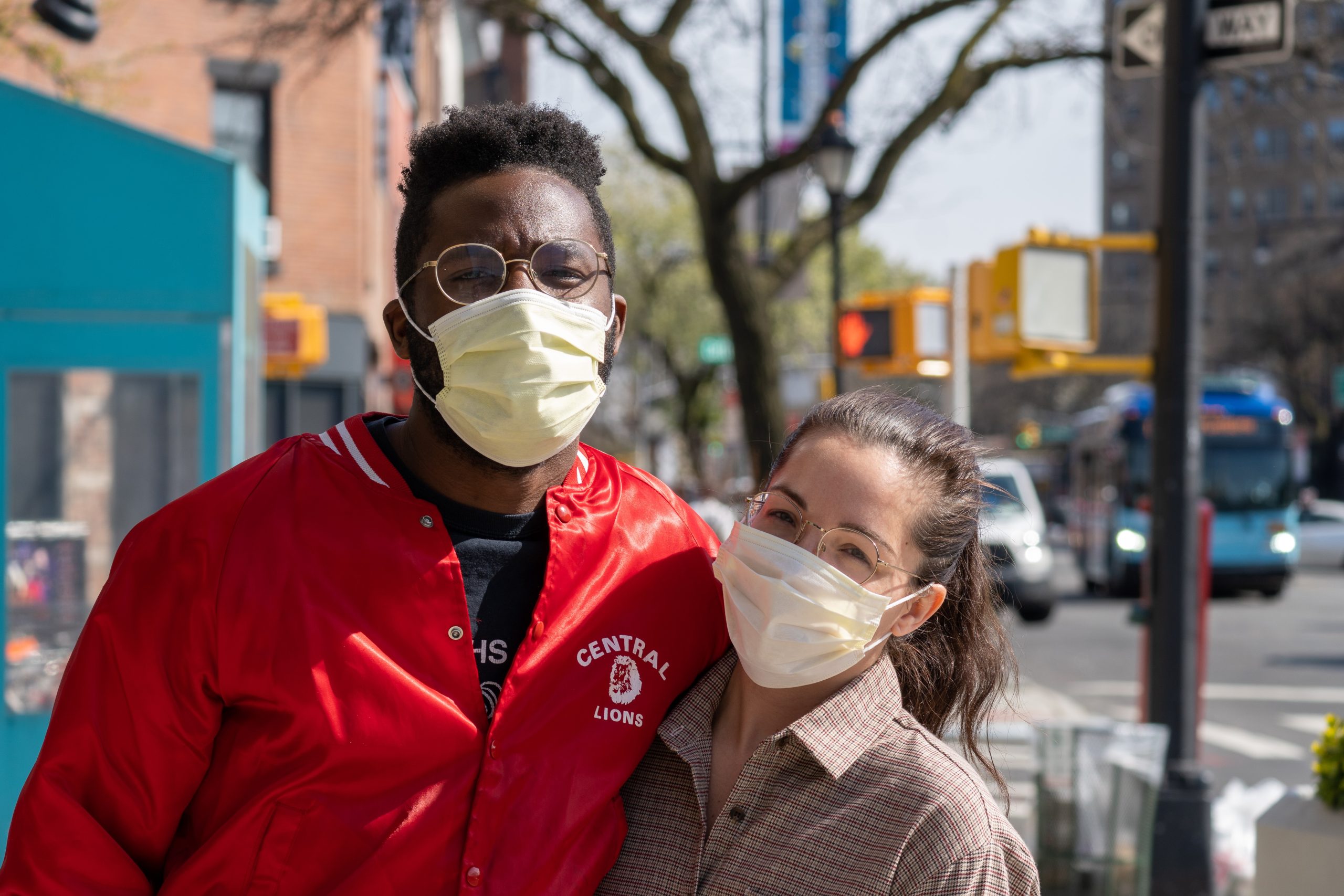The Centers for Disease Control and Prevention (CDC) recently announced plans to reduce its Covid tracking efforts, which have been crucial in monitoring the spread of the virus throughout the United States. This decision has sparked controversy and concern among public health officials and experts, who worry that it may hinder efforts to contain the pandemic.
The CDC has been collecting data on Covid cases, hospitalizations, and deaths since the beginning of the pandemic, and this information has been used to inform public health policies and interventions. However, with the increasing availability of vaccines and declining case numbers in some parts of the country, the agency has decided to scale back its data collection efforts.
According to a statement released by the CDC, the agency will no longer collect data on breakthrough infections, which occur when a fully vaccinated person contracts the virus. Instead, the agency will focus on tracking severe cases that result in hospitalizations or deaths. The CDC also plans to reduce its surveillance of Covid variants, which have the potential to be more transmissible or resistant to existing vaccines.
Some public health experts have criticized the CDC’s decision, arguing that it is premature to scale back data collection efforts when the pandemic is still ongoing. They worry that the decision may make it more difficult to track the spread of the virus and to identify emerging variants that could pose a threat to public health.
Others have defended the CDC’s decision, citing the declining case numbers and the effectiveness of vaccines in preventing severe illness and death. They argue that the agency’s resources should be focused on other aspects of the pandemic response, such as increasing vaccine uptake and addressing vaccine hesitancy.
The CDC’s decision comes amid a broader debate about the role of data collection and public health surveillance in managing the pandemic. Some have raised concerns about the potential for government overreach and the infringement of individual privacy rights, while others argue that robust data collection is essential for effective public health interventions.
Regardless of where one stands on this issue, it is clear that the pandemic is far from over, and the need for accurate and timely data remains as critical as ever. As journalists, it is our responsibility to provide accurate and balanced reporting on this issue and to hold public health officials accountable for their decisions. We must continue to ask tough questions and demand transparency to ensure that our communities are informed and prepared to navigate this ongoing public health crisis.




